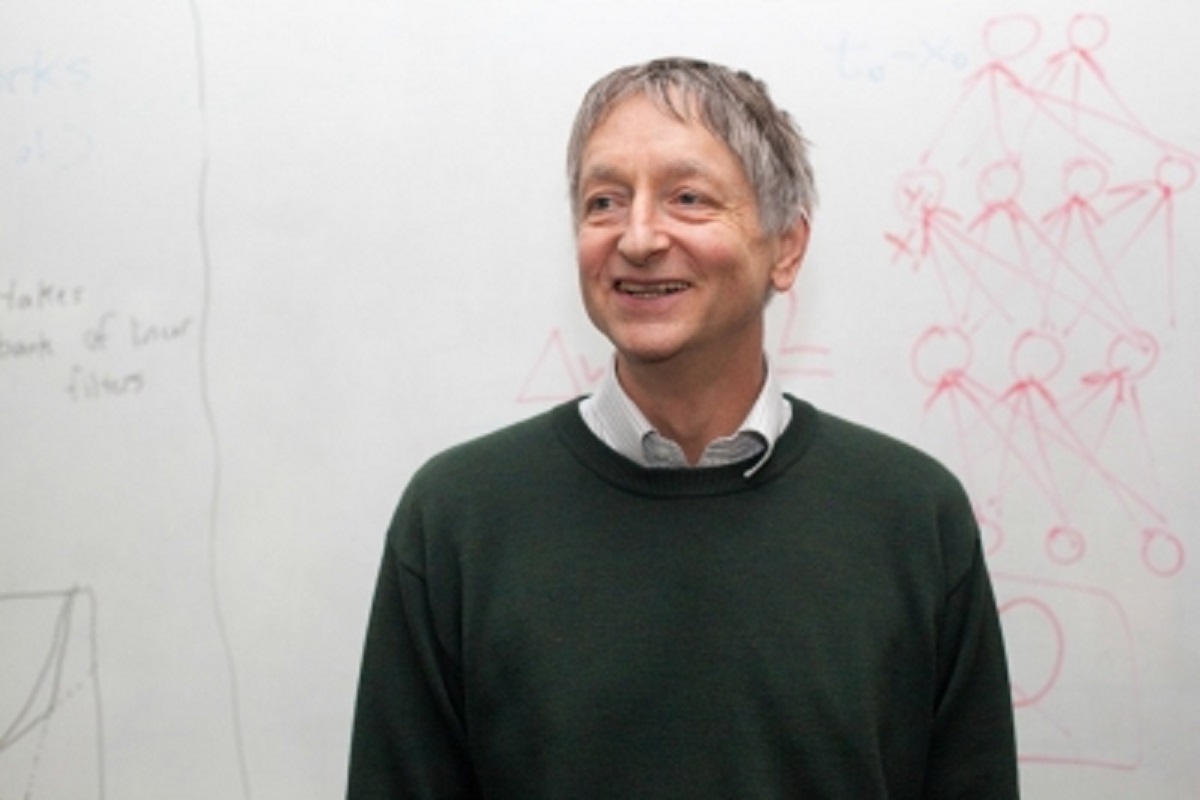The award of the Nobel Prize in Physics to BritishCanadian Geoffrey Hinton and American John Hopfield serves as a reminder of the dual-edged nature of technological advancement, particularly in the field of artificial intelligence (AI). Mr Hinton, often referred to as the Godfather of AI, and Mr Hopfield, a pioneer in neural networks, have laid the groundwork for machine learning systems that now permeate various aspects of our daily lives. However, their achievements also compel us to confront the ethical implications and potential consequences of this rapidly evolving technology.
Mr Hinton’s work on neural networks has revolutionised how machines learn and process information, mirroring the cognitive functions of the human brain. This innovation has enabled significant advancements in areas such as facial recognition, medical imaging, and even climate modelling. Yet, amid the celebration of these breakthroughs lies an unsettling reality: as machines become increasingly intelligent, there exists a genuine risk that they could surpass human capabilities. Mr Hinton himself has voiced concerns regarding the un checked development of AI. His resignation from a prominent tech giant signals a growing unease about the trajectory of AI research and its applications. The potential for AI to outsmart its creators poses a fundamental question about control and agency. Are we creating systems that will one day dictate their own terms?
Advertisement
This is a critical point of contention that society must grapple with. The implications of AI extend beyond mere technological capabilities. Mr Hinton has highlighted the socio-economic ramifications that could arise from widespread AI integration into the workforce. As machines take over mundane and repetitive tasks, the displacement of jobs is not merely a hypothetical scenario; it is a looming reality. The challenge will be to ensure that the benefits of increased productivity are shared equitably across society. Otherwise, we risk exacerbating existing inequalities, leading to a society where wealth becomes concentrated in the hands of a few while the majority face economic uncertainty.
The discussions around universal basic income and regulatory frameworks are essential in addressing these potential disparities. As AI reshapes industries and livelihoods, proactive measures must be taken to safeguard those who may be adversely affected. Policymakers, technologists, and ethicists must collaborate to create guidelines that promote responsible AI development, ensuring that innovation does not come at the expense of societal well-being. The military applications of AI present another layer of complexity. As nations rush to harness AI for strategic advantages, the ethical implications of deploying intelligent systems in warfare must not be overlooked.
The potential for autonomous weapons to make life-and-death decisions raises profound moral questions about accountability and the sanctity of human life. While the achievements of Mr Hinton and Mr Hopfield are monumental and deserve recognition, they also urge us to reflect on the broader implications of AI technology. As we advance into this new era, it is imperative that we approach AI development with caution and foresight.









